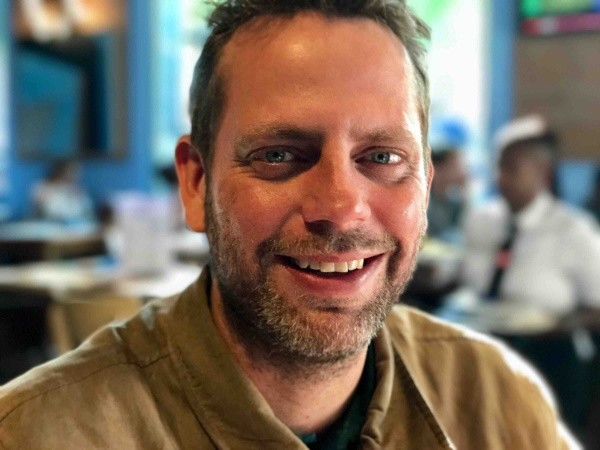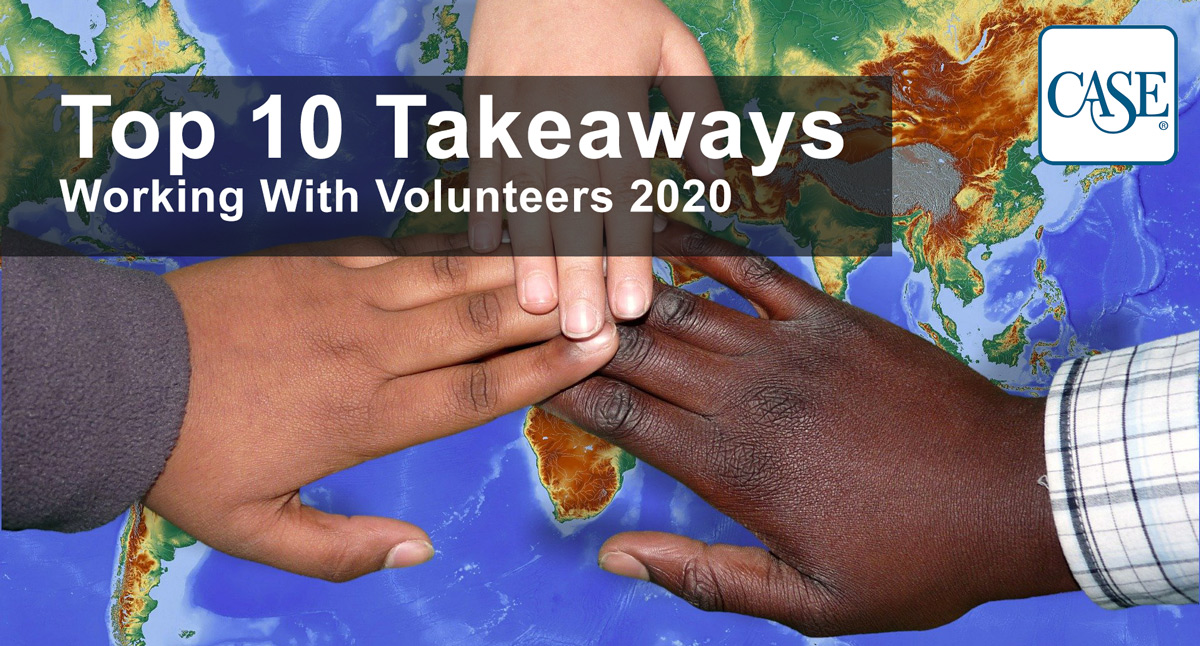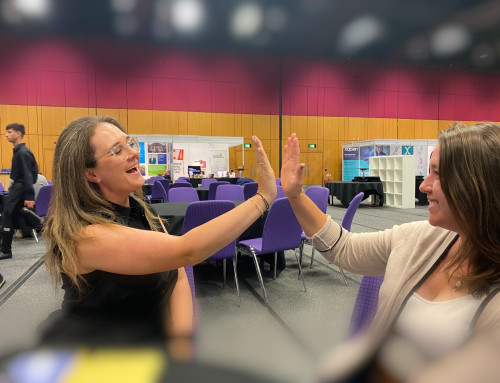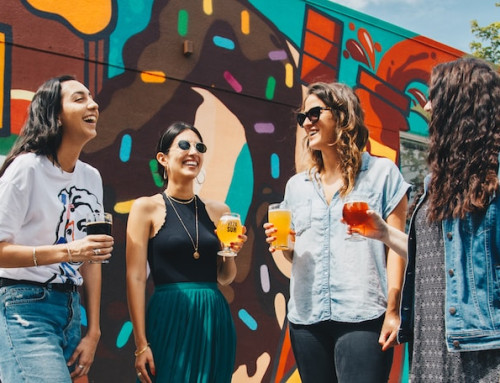As the UK leave the EU, this year’s CASE Working With Volunteers event took an intentional focus on institutions harnessing the global power of our alumni volunteers to create a worldwide impact.
Here are some takeaways from the impressive lineup of passionate professionals from our industry.
- Enthusiasm, communication, and adaptability are essential when trying to strike a balance between a professional, well-managed event with the integrity of a grassroots, volunteer-led, passion project.
- Co-creating alumni engagement activities with volunteers is worth the effort! Collaboration brings value far beyond what could be achieved ourselves with current resources.
- Encourage authentic stories from your global community of alumni volunteers to celebrate success, share ideas and model good practice. Genuine and personal stories have the emotional hooks that will encourage more to get involved in volunteering activities and initiatives.
- Our alumni are global citizens. We want our students (both local and international students) to become these global citizens too. Our global alumni volunteering programmes are ideally placed to build the global competencies for our alumni volunteers and for our students.
- We should align strategic institutional goals with volunteering. Our alumni reflect the ambitions of our institutions. These are the values our institutions stand for as highlighted in our plans. We should leverage, promote, and strategically remind the key decision-makers in our institutions that our global alumni volunteers are the embodiment of our institution around the world.
- As we work in institutions that value solid research, our research to show the impact of our global volunteering needs to be solid, empirically sound and evidence-based in order to get buy-in from above. This will enable our alumni volunteering programmes to thrive and grow.
- How do we measure the success of our mentoring programmes? One of the measures that Dublin City University (DCU) use is the number of mentees who go on to be mentors, which is currently 15%.
- Universities face many challenges with fierce global competition for the best talent, branding and strengthening their reputation abroad. An engaged, vocal, and increasingly global alumni body is the best way to future-proof your institution.
- In Alumni Relations, we are quite good at measuring things like the number of contactable Alumni, events and attendees. But there is a difference in counting what we are doing, and the value of our efforts to us and our alumni. Try doing an exercise where people think of one word associated with their volunteering experience. This is great to establish the motivations for volunteers.
- Manchester University discovered that volunteers don’t want lavish gifts, rather a personal touch. In their presentation, they talked about how creating 150 handmade thank you cards with personalised, messages resulted in extremely high levels of volunteer satisfaction. The impact was amplified by sharing a short video on social media showing the effort that went into their creation.
These are just a few of the things that I learned at this year’s Working With Volunteers conference. This was my first time at this event, however, I have attended a number of CASE conferences in my 10 months in the role and was once again struck by the warmth of the people people who work in our industry. Hearing their incredible ideas, feeling their empathy, and seeing the positive impact they make every day to people’s lives is truly rewarding.
I look forward to catching up with you all again and hope to get to know more of you as I grow in my role.
About The Author

Andrej Dethlefsen
Marketing & Communications Officer at Aluminati
He is passionate about education, communications and community.





